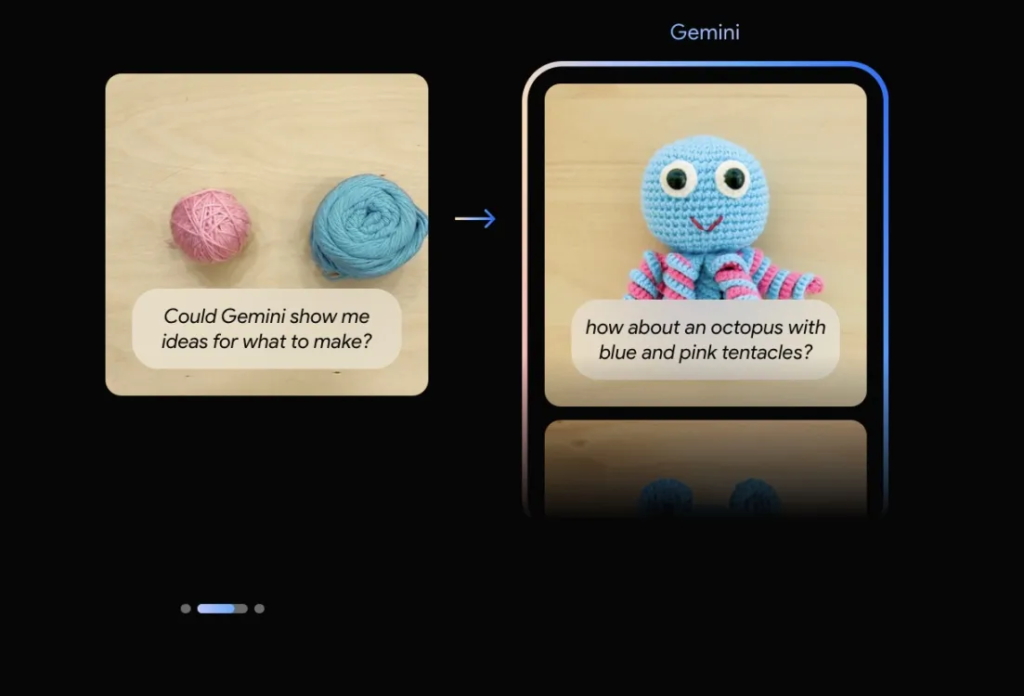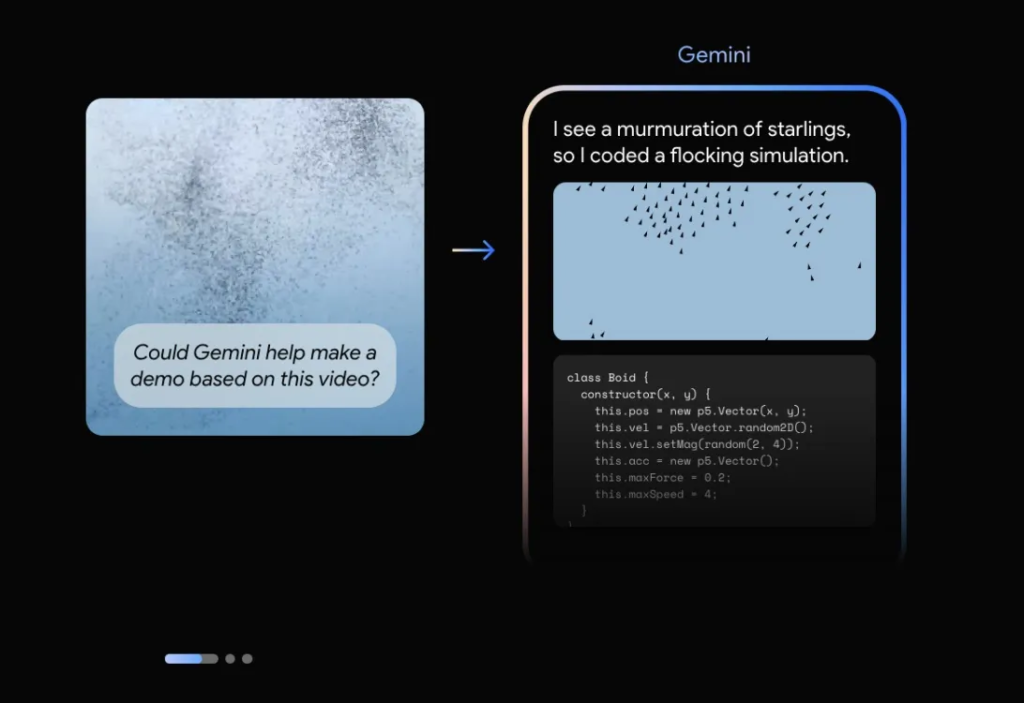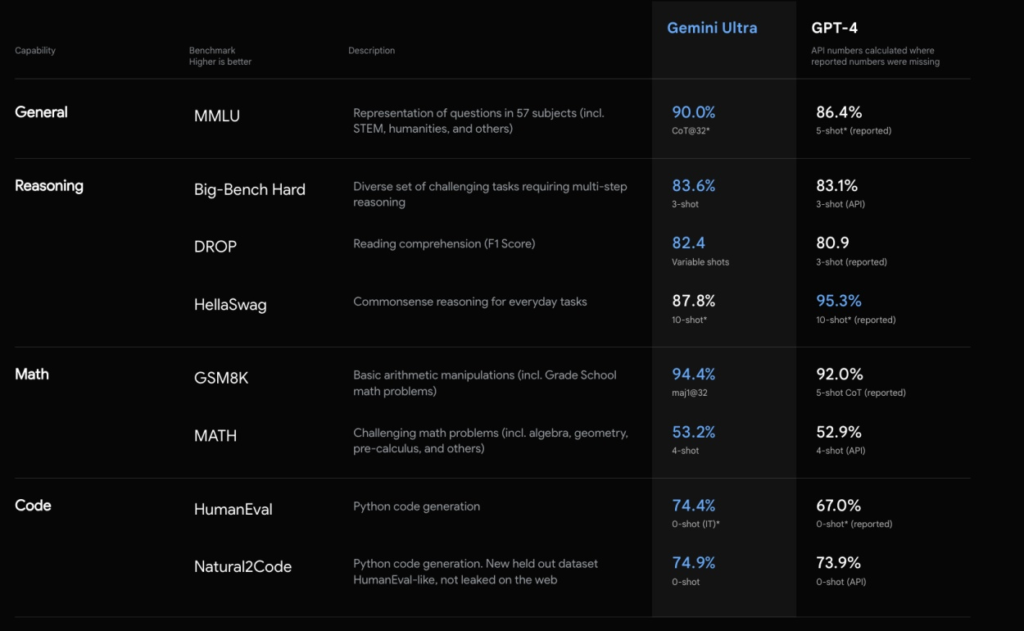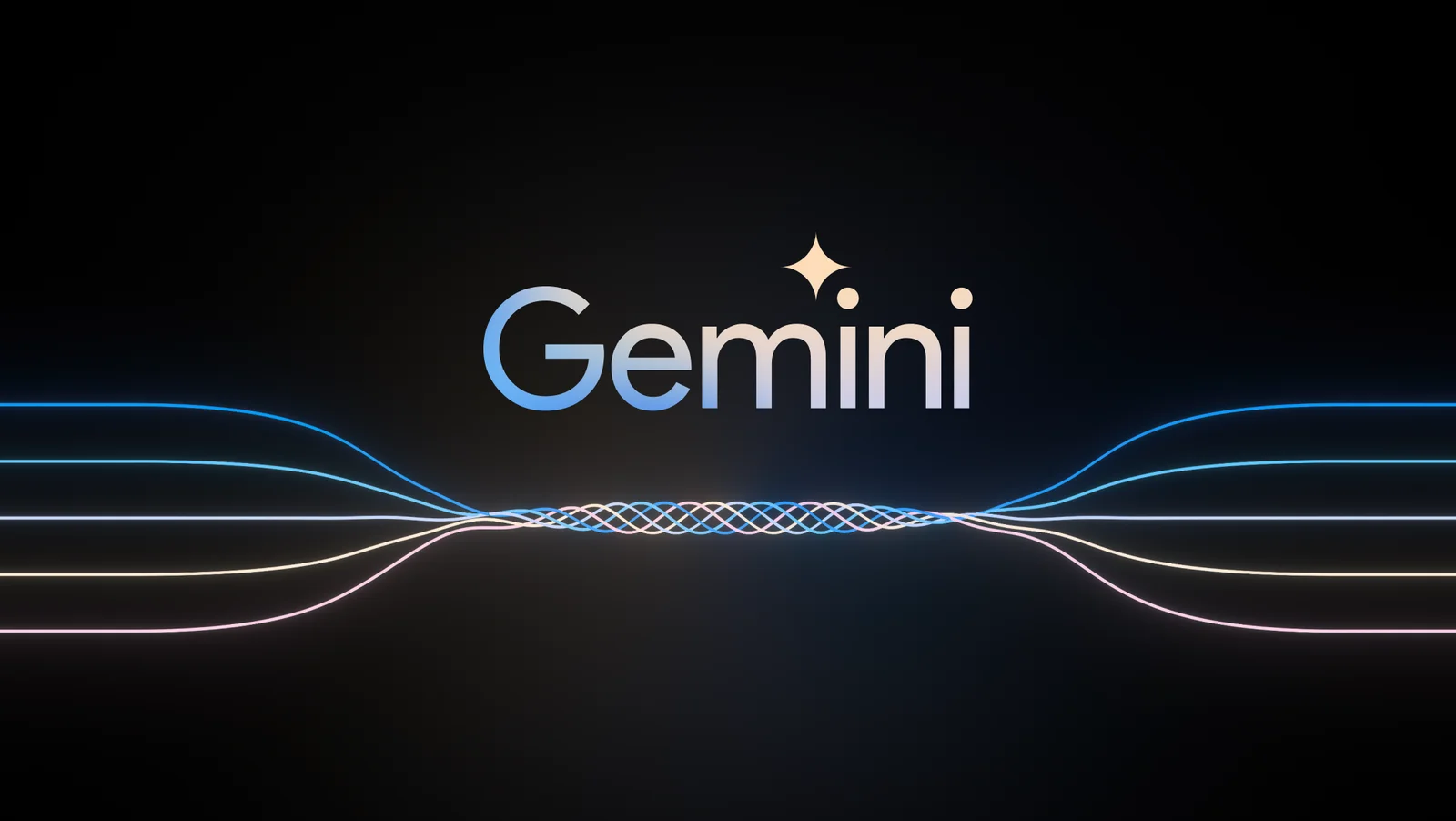In a game-changing stride within the AI landscape of 2023, Google has launched Gemini—a groundbreaking AI model designed to revolutionize the understanding and processing of diverse data modalities. This multimodal marvel signifies a significant leap in AI capabilities, boasting pre-training across text, images, videos, audio, and code, setting a new benchmark for versatility and sophistication.


ALSO READ | How to Enable and Use Google Bard Extensions
Gemini vs. GPT-4: Redefining AI Benchmarks

Google’s Gemini AI isn’t just a leap in multimodal abilities; it’s also setting new standards by outperforming its contemporaries. In a recent revelation, Gemini demonstrated its superiority over OpenAI’s GPT-4 in crucial benchmarks such as reasoning, mathematics, and coding. This clear triumph underscores a monumental shift in the AI landscape, positioning Gemini as a frontrunner in the ongoing AI race.
ALSO READ | Project IDX: Revolutionizing Full-Stack, Multiplatform App Development
Gemini’s Three Different Variations

Google’s release plan for Gemini involves three distinct models: Ultra, Pro, and Nano. The Ultra model, tailored for intricate tasks, spearheads this trio, while the Pro model prioritizes scalability. Meanwhile, the Nano variant is set to power Pixel 8 phones, offering functionalities like reply suggestions and audio summarization—an indication of its real-world applications.
Initially launching in the English language across 170 countries, Gemini’s roadmap includes the gradual integration of image and sound analysis functionalities into Google Bard. This rollout strategy sets the stage for Gemini’s widespread influence and potential to redefine how we interact with AI across various platforms.
